Publications
Articles, publications, books, tools and multimedia features from the U.S. Institute of Peace provide the latest news, analysis, research findings, practitioner guides and reports, all related to the conflict zones and issues that are at the center of the Institute’s work to prevent and reduce violent conflict.
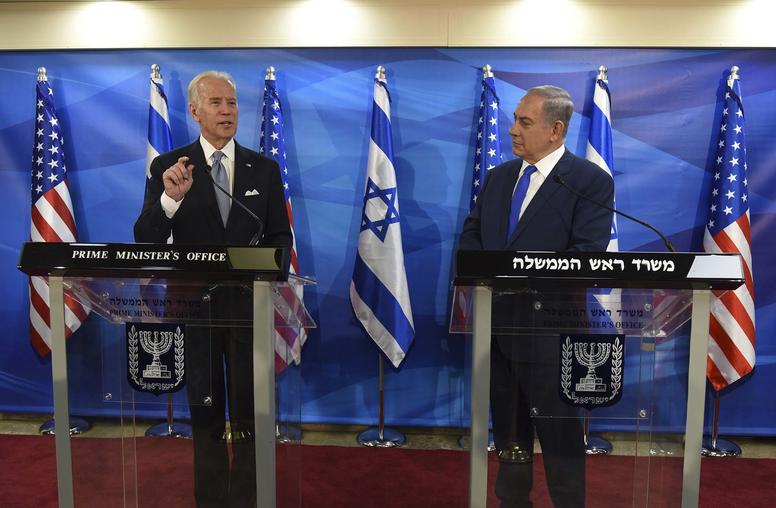
Why Biden Should Prioritize Preserving the Two-State Solution
The Biden administration came into office facing a host of pressing domestic and foreign policy challenges. And while issues like a rising China, the Iran nuclear deal, and the COVID pandemic will dominate the new administration’s agenda, it should not lose sight of the decades-old Israeli-Palestinian conflict.
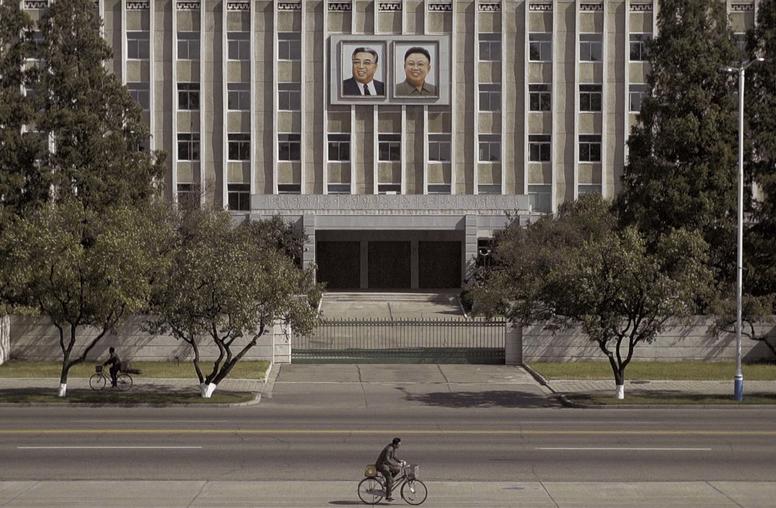
Can Markets Help Foster Civil Society in North Korea?
After North Korea’s planned economy faltered in the 1990’s, resulting in a devastating famine known as the “Arduous March,” citizens turned to an informal market system for survival. Desperate for some semblance of stability, the North Korean state initially tolerated these rudimentary transactions as a financial necessity. These markets have grown in scale and complexity over the last two decades—and in the process, have facilitated the growth of unofficial economic networks that exhibit signs of a nascent semi-autonomous public sphere that is unprecedented in North Korean society.
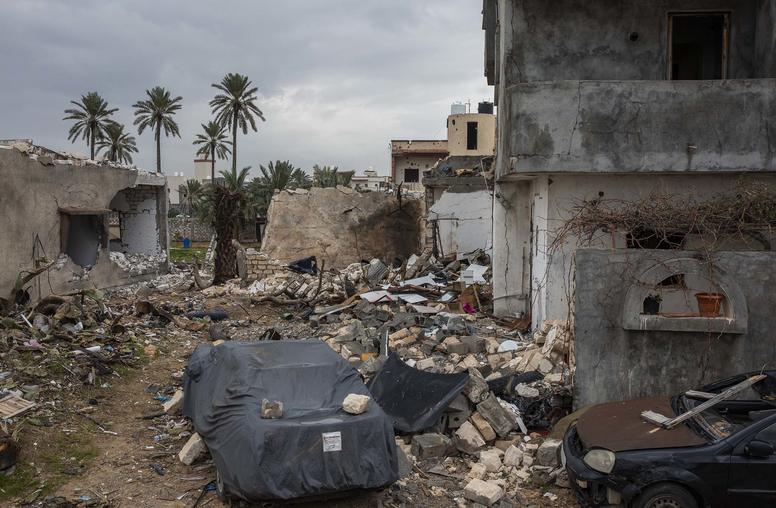
Libya: Amid Hope for Peace, Regional Rifts Still Pose Hurdles
Libyans and the United Nations advanced their current effort to end almost a decade of instability and war this month when a U.N.-backed forum nominated an interim government to prepare nationwide elections by the end of 2021. The new transitional government brings hope that this process—the third major U.N. peace effort in Libya—might lead to stability. Still, achieving lasting peace will require that the process address the main underlying driver of conflict: the divisions among Libya’s three main regions, notably over how to organize the government. It also will need the United States and other countries to support the transitional government and hold Libya’s contesting sides accountable.
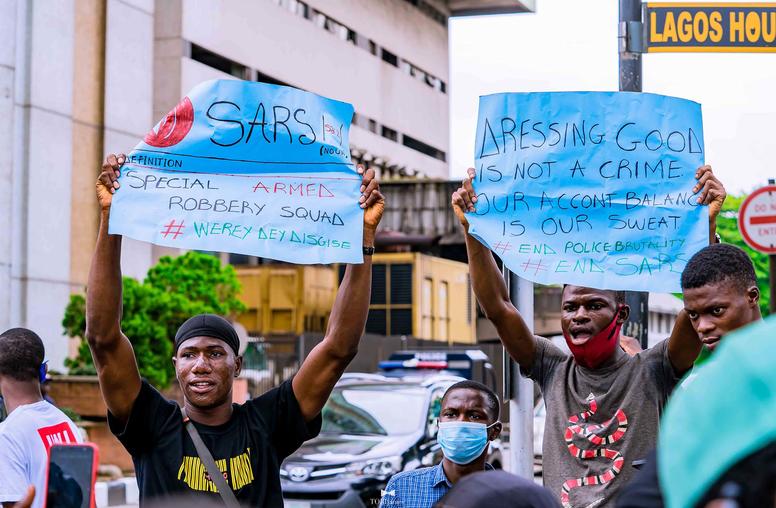
Months After Protests, Nigeria Needs Police Accountability
In Nigeria and more than a dozen nations—the United States, Brazil and Japan are others—public protests erupted in the past year against police brutality. Across the globe, police violence traumatizes the marginalized, spares the powerful and remains unaddressed until the abuse is illuminated to broad public view. While brutality is typically rooted among a minority of officers, it persists because weak systems of police accountability offer impunity, even to repeat offenders. In Nigeria, as in other countries, the solution will require building strong accountability mechanisms—both within police agencies and externally, in the communities they serve.
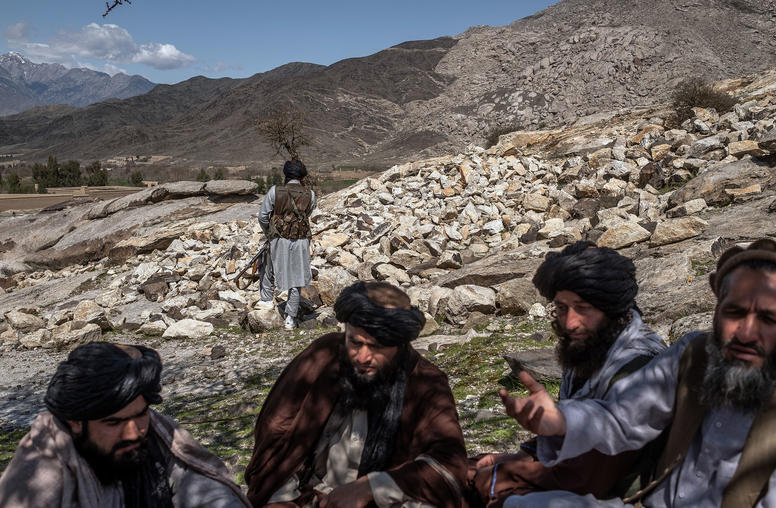
Breaking the Stalemate: Biden Can Use the U.S.-Taliban Deal to Bring Peace
On the eve of the one-year anniversary of the U.S.-Taliban agreement, Afghanistan remains unfortunately far away from peace. The historic agreement paved the way for a full U.S. withdrawal of troops from Afghanistan and the start of intra-Afghan talks on a political settlement of the conflict. As the May 1 withdrawal deadline nears, the Biden administration is undertaking a rapid Afghanistan policy review to determine its overall strategy toward the slow-moving intra-Afghan negotiations in Doha, Qatar. A key reason for the lack of movement in talks is that both sides are anxiously waiting to see what Biden decides.
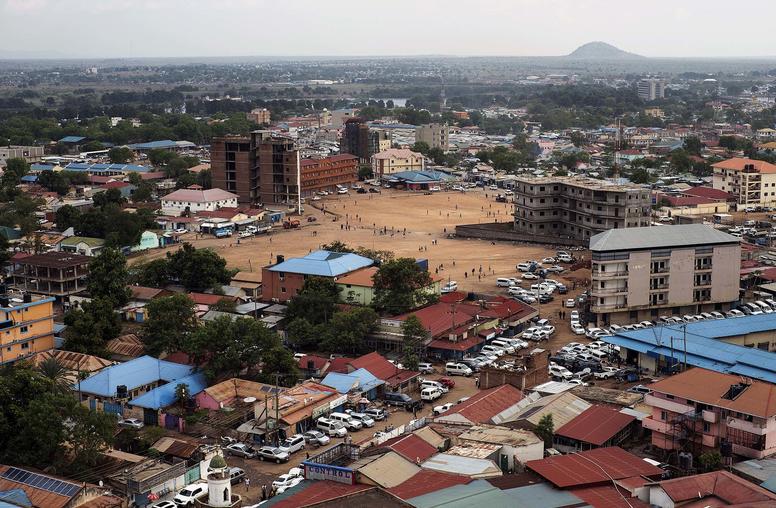
South Sudan: From 10 States to 32 States and Back Again
Last year, South Sudan reintroduced 10 subnational states in South Sudan, in place of the 32 states controversially created in 2017. Far from being an obscure matter of administrative organization, the initial, dramatic redivision of territory in the midst of protracted violence and large-scale displacement had a significant impact on representation, as well as social, economic, and political relations throughout the country. In 2018-19, researchers commissioned by USIP sought to better understand the decision-making process behind the creation of the 32 states in South Sudan. Researchers Matthew Pritchard and Aly Verjee discuss their findings in light of current developments.
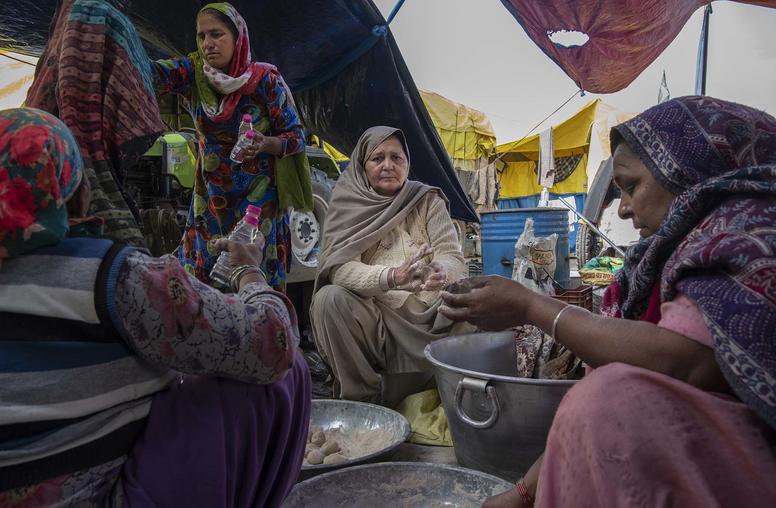
In India, Women Propel World’s Largest Protest Movement
Hundreds of thousands of farmers have been protesting new farm laws on the outskirts of the Indian capital city of New Delhi since September 2020. The prominent presence of women in what is perhaps the world’s largest ongoing protest movement, and certainly the biggest domestic challenge facing Indian Prime Minister Narendra Modi’s government, has put a spotlight on the important role women play in agriculture in this South Asian nation; it also marks a milestone in women’s struggle for equality, and their leadership of nonviolent movements.
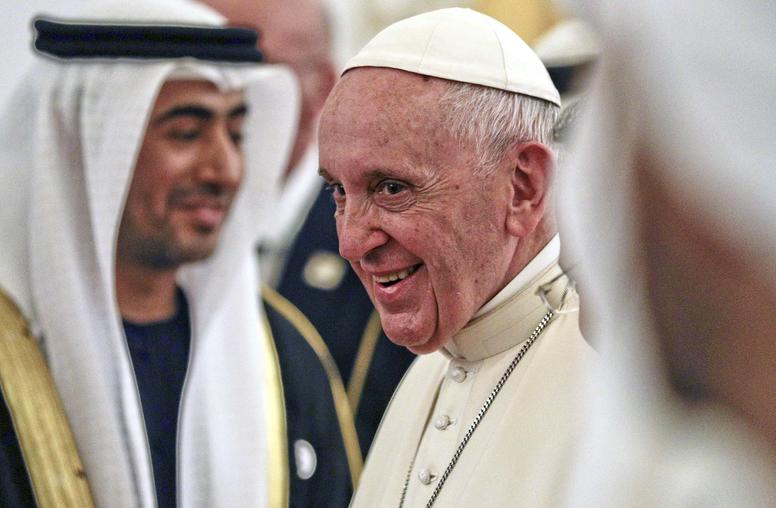
The Pope's Visit to Iraq and the Future of the Country’s Christians
The visit of His Holiness Pope Francis to Iraq this week happens in a context of despair felt across Iraq’s ethnic, provincial and sectarian spectrum. Christians in Iraq, victims of decades of oppression, look at this visit as a symbol of hope. They also hope it will help address some of their lingering fears. The pope’s priorities for Iraq’s Christians should be formulated in specific terms. While Christians in Iraq remain hemmed in on how to deal with the past, but optimistic about their future, most feel overwhelmed by the upcoming visit of Pope Francis. As in many other cases, some of the expectations from the visit are indeed too high to meet.
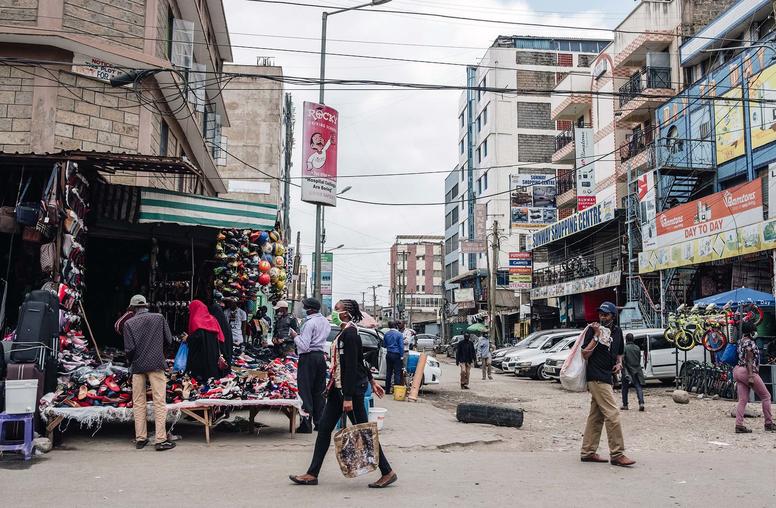
A New U.S. Approach to Help Fragile States Amid COVID-Driven Economic Crisis
The global economy is projected to rebound from the effects of COVID-19 in 2021, but the world’s most fragile states may not share in the upswing. Saddled with economic collapse and soaring debt, developing economies are likely to be left further behind after shrinking about 5 percent last year, according to World Bank estimates. As a result, over 55 million people could be plunged deeper into poverty, fueling social and political grievances and increasing the risks of instability.
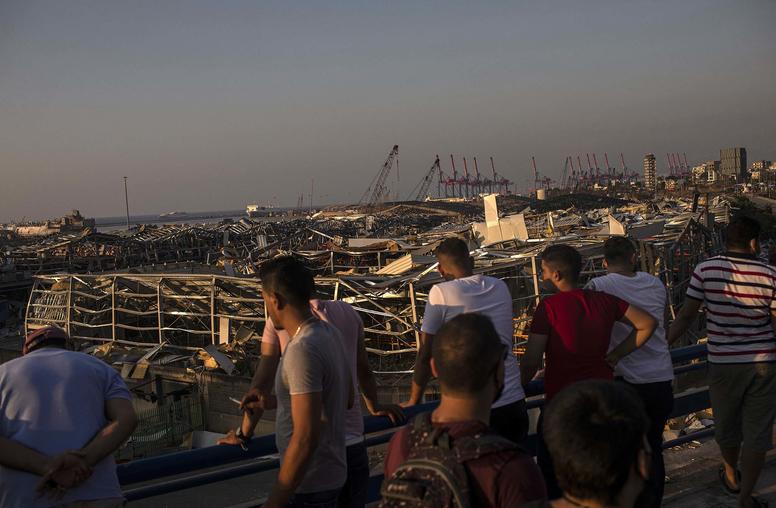
As Lebanon Melts Down, Can it Avert Total Collapse?
As Lebanon marks the seven-month anniversary of the catastrophic blast at the Beirut port last August 4, the country appears to be in a rapidly accelerating free fall. Lebanon’s currency continues to plummet in value, hitting new lows this week. With foreign exchange reserves falling, Lebanese officials have raised fresh concerns that the country may soon not be able to import key necessities such as food and fuel. Meanwhile, despite a COVID pandemic surge, angry Lebanese have taken to the streets across the country, protesting the rapidly deteriorating economic and social conditions. At the same time, efforts to form a new cabinet following the government’s collapse last August remain stalemated.